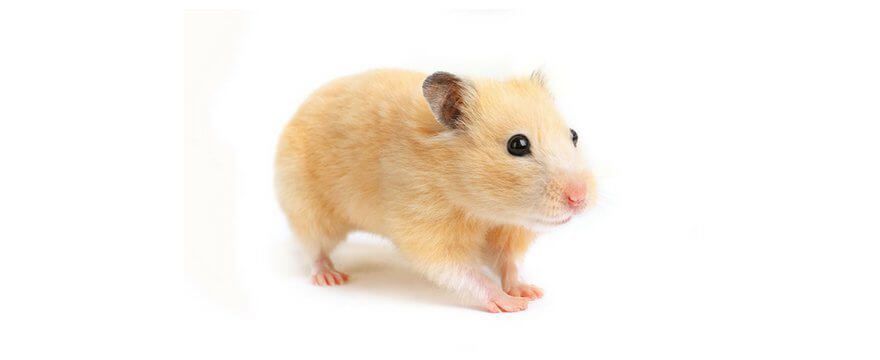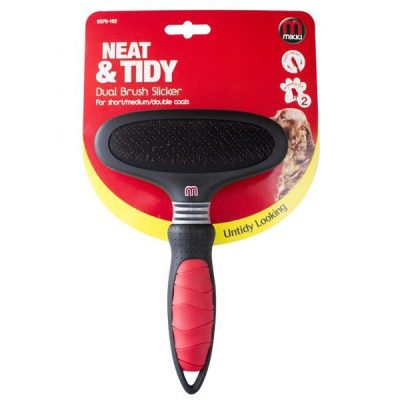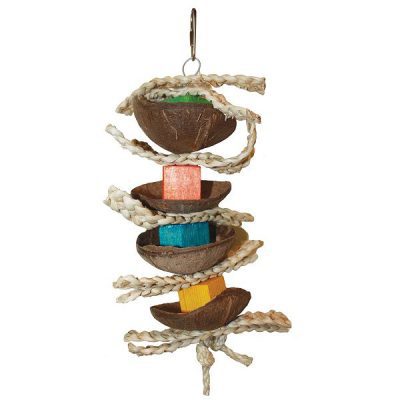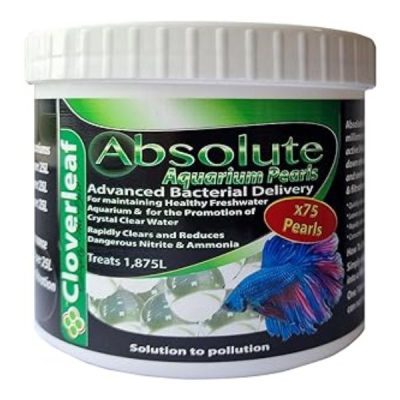Hamster Care Sheet
Hamster Care Sheet – This care sheet contains recommendations from our shop assistants.
General Care
Hamsters are generally hardy animals. They can, however, suffer from coughs and sneezes and their nose and eyes may run. Keep them warm and away from any draughts if these occur. Some Dwarf hamsters develop diabetes, which shortens their lifespan.
Hamsters’ teeth do sometimes overgrow, making eating difficult. When this occurs, they should gnaw on wood to prevent teeth over growing. If your hamster escapes from its cage, try putting a box in the corner of the room with some of his favourite food in. You might find him in it the next morning.
Handling
It is important that you handle your hamster regularly to help you build up a relationship. When you first get your hamster home, leave him to settle in for 24 hours to allow him time to get used to his new surroundings.
Slowly place your hand in the cage so he gets used to your smell. When he seems happy, gently cup one hand under him and one hand over him and pick him up. Always concentrate when holding your Dwarf hamster as they can be very quick and can slip out of your hands. Roborovski hamsters are very small, so great care should be taken when handling them.
Do not try to handle your hamster if he has just woken up as they feel vulnerable at this time and may bite.
Food & Water
Hamsters are omnivores and so will enjoy a varied diet. A good, commercial Dwarf hamster mix or pellet will provide the nutrition they require. This can be supplemented 2-3 times a week by small amounts of fresh fruit (not citrus) or vegetables (not onion).
Housing
When choosing a hamster cage, make sure you research what hamster breed you are getting. Syrian hamsters minimum cage requirements are 80x50x35cm, dwarf hamsters require slightly less. It is recommended to choose a cage that is specifically designed for Dwarf hamsters, as bars on Syrian hamster cages can sometimes be wide enough for a Dwarf hamster to squeeze through. The floor space within your hamster’s cage should be unbroken to provide them with enough space (no dividers).
Hamsters are indoor pets and should be kept at a stable temperature, ideally between 17˚C and 23˚C and avoid sudden changes in temperature. The cage should not be placed in draughts, direct sunlight, next to a radiator or in damp or humid conditions. Dwarf hamsters will go into a state of very deep sleep, like hibernation if there is a sudden drop in temperature below 5°C.
Hamsters require lots of exercises and their cage should include a suitably sized exercise wheel. Paper base bedding makes a good floor covering for your hamster’s cage. Soft shredded paper can be used as bedding and nesting material – it is recommended not to use fluffy bedding in case it is ingested or wraps around their limbs.
The cage should be emptied and fully cleaned with a pet-safe disinfectant at least once a week. Some cages have extra rooms and tubes available, which provide good stimulation for your pet.
Signs that your hamster might have dental problems
If your hamster is having trouble with its teeth, they might:
- Go off their food.
- Suffer from weight loss.
- Bad breath.
- Swellings below or around their eyes.
If any of these symptoms occur, we recommend contacting your local vets, for a general health check-up.
Hamsters are solitary animals and should never be kept in pairs or groups!
For any further information or advice please feel free to message us on Facebook or contact the store on 01902 494860









